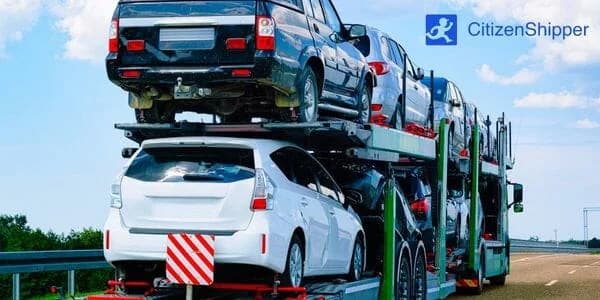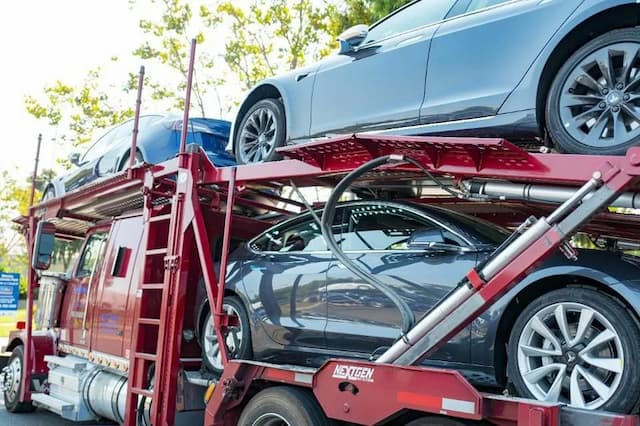Navigating Car Transport in Glendale, AZ
When it comes to shipping your car in Arizona, there's a world of factors to consider. Arizona, with its extreme desert climate, unique terrain challenges, and specific transportation regulations, presents a distinct set of circumstances. But don't worry! Here at CitizenShipper, we are committed to helping you navigate through it all. Whether you're moving into or out of Glendale or need to transport your car for any reason, our expert team is here to help.
Arizona's Vehicle Transportation Laws & Regulations
In Arizona, car transportation laws and regulations are in place to ensure the safety and preservation of all vehicles and public roadways. Auto transporters must adhere to the Federal Motor Carrier Safety Administration (FMCSA) regulations for safety. Compliance involves ensuring that all vehicles are properly secured during transport and maintaining necessary documents for every shipped vehicle.
All auto transporters operating in Arizona must also possess an active MC Docket number, issued by the FMCSA. This number signifies that a transportation company is registered under the federal government, allowing them to legally operate across state lines. Additionally, Arizona has specific weight restrictions for vehicles traveling on state highways, which transporters must carefully observe.
Weather & Terrain Considerations in Glendale, AZ
Weather patterns in Glendale, AZ have a significant impact on car shipping. With a hot desert climate, residents experience extremely hot summers with temperatures frequently exceeding 110°F and mild, pleasant winters. The monsoon season (typically June through September) can bring sudden, severe thunderstorms, dust storms (haboobs), and flash flooding, which may temporarily disrupt transportation schedules.
While Glendale itself is situated in the relatively flat Salt River Valley, transporters often navigate through Arizona's diverse terrain ranging from low desert valleys to high mountain passes. These geographical variations can present shipping challenges, especially during extreme heat when vehicles may be at risk of overheating. Professional transporters typically plan routes carefully and may schedule pickups and deliveries during cooler morning or evening hours in summer months to protect your vehicle.








